Intro
Discover key facts about Effexor XR, including its uses, side effects, and withdrawal symptoms, to better understand this antidepressant medication and its impact on mental health treatment, anxiety, and depression management.
Effexor XR, also known as venlafaxine, is a prescription medication primarily used to treat depression, anxiety disorders, and some sleep disorders. It belongs to a class of medications known as serotonin-norepinephrine reuptake inhibitors (SNRIs). Understanding how Effexor XR works and its effects on the body can help individuals make informed decisions about their mental health treatment. The importance of being informed about medications like Effexor XR cannot be overstated, as it directly impacts the management of mental health conditions, which are increasingly prevalent in modern society.
Mental health is a critical aspect of overall well-being, and medications like Effexor XR play a significant role in managing conditions such as major depressive disorder, generalized anxiety disorder, and social anxiety disorder. The mechanism by which Effexor XR operates is complex, involving the regulation of neurotransmitters in the brain. By inhibiting the reuptake of serotonin and norepinephrine, it increases the levels of these neurotransmitters in the brain, which helps improve mood, sleep, and appetite, and reduces anxiety and fatigue. This understanding is crucial for patients who are considering or are already on this medication, as it helps them navigate potential side effects and benefits.
The decision to start any medication should be made after thorough consultation with a healthcare provider, considering the individual's health history, current medications, and the specific mental health condition being treated. For Effexor XR, it's essential to follow the prescribed dosage and schedule, as abruptly stopping the medication can lead to withdrawal symptoms. Furthermore, monitoring by a healthcare provider is necessary to adjust the dosage as needed and to manage any side effects that may arise. The journey to mental health wellness is highly individualized, and what works for one person may not work for another, making personalized care and open communication with healthcare providers vital.
Introduction to Effexor XR
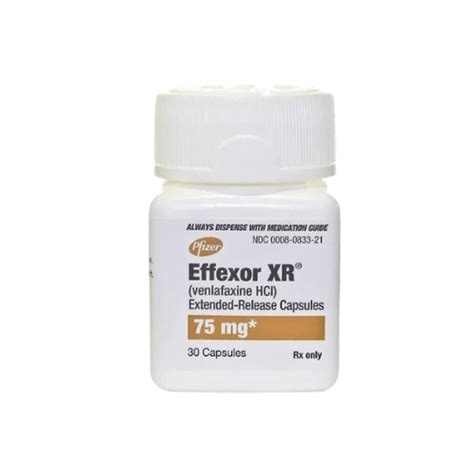
How Effexor XR Works
The working mechanism of Effexor XR involves the inhibition of the reuptake of serotonin and norepinephrine, two neurotransmitters that play key roles in mood regulation. By preventing their reabsorption, Effexor XR increases the concentration of these neurotransmitters in the synaptic cleft, the gap between two neurons. This increase enhances neurotransmission, which can help alleviate symptoms of depression and anxiety. The dual-action mechanism of Effexor XR, affecting both serotonin and norepinephrine, distinguishes it from selective serotonin reuptake inhibitors (SSRIs), which primarily target serotonin.Benefits of Effexor XR
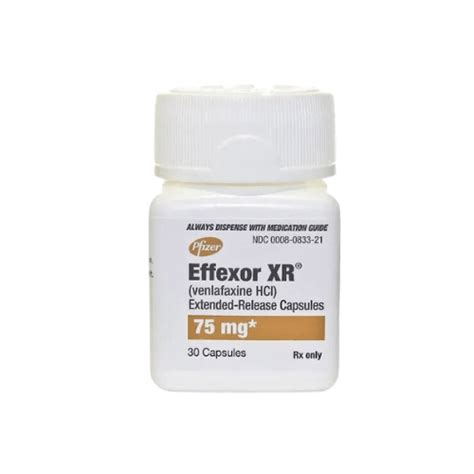
Potential Side Effects
Like all medications, Effexor XR can cause side effects, which can vary in severity and impact from person to person. Common side effects include nausea, headache, dry mouth, drowsiness, and changes in appetite or sleep patterns. In some cases, more serious side effects can occur, such as increased blood pressure, serotonin syndrome, or suicidal thoughts, particularly in younger patients. It's crucial for patients to discuss any concerns or side effects with their healthcare provider, as adjustments to the treatment plan may be necessary.Effexor XR and Daily Life
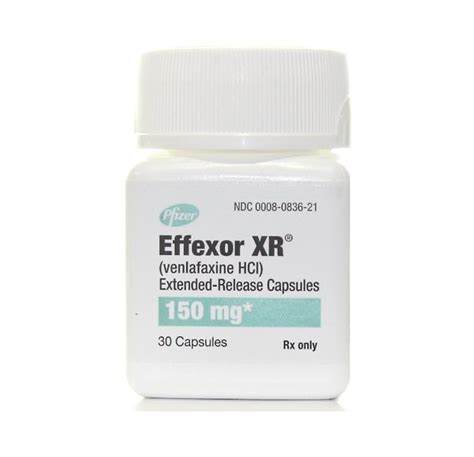
Interactions and Precautions
Effexor XR can interact with various medications, including other antidepressants, blood thinners, and certain pain medications. These interactions can lead to serious side effects or reduce the efficacy of Effexor XR. Patients should provide their healthcare provider with a comprehensive list of all medications, supplements, and vitamins they are taking to avoid potential interactions. Moreover, individuals with certain medical conditions, such as high blood pressure, glaucoma, or liver or kidney disease, should be closely monitored while on Effexor XR.Effexor XR Dosage and Administration
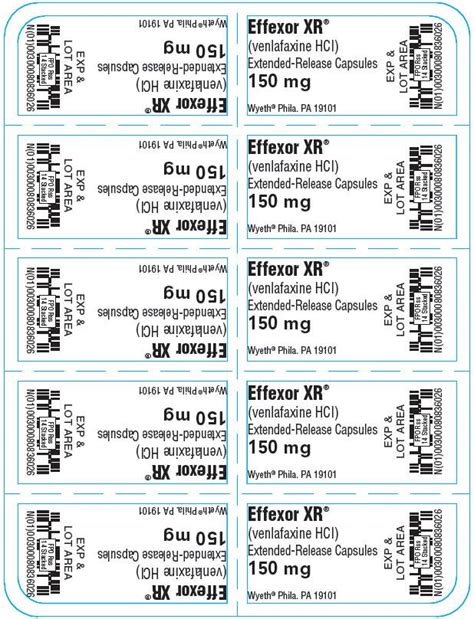
Treatment Duration and Outcomes
The duration of treatment with Effexor XR can vary, depending on the condition and the patient's response. For depression, treatment is typically continued for at least six months after symptoms have improved. For anxiety disorders, the treatment duration may be longer. Regular follow-up appointments with a healthcare provider are essential to monitor progress, adjust the treatment plan as needed, and discuss any concerns or side effects.Alternatives to Effexor XR
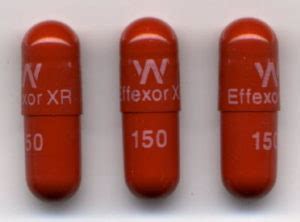
Psychotherapy and Lifestyle Changes
Psychotherapy, or talk therapy, can be a highly effective complement to medication, helping individuals understand and manage their conditions better. Techniques such as cognitive-behavioral therapy (CBT) and interpersonal therapy (IPT) have been shown to be particularly beneficial for depression and anxiety disorders. Additionally, adopting healthy lifestyle habits, such as a balanced diet, regular physical activity, and adequate sleep, can enhance the effectiveness of treatment and overall well-being.Conclusion and Future Directions
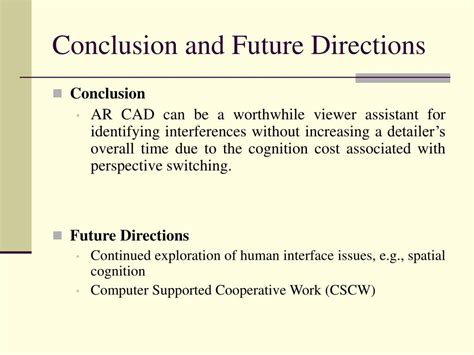
Final Thoughts
The journey towards mental wellness is ongoing, and for many, Effexor XR can be a crucial part of this journey. By staying informed, maintaining open communication with healthcare providers, and being proactive about one's mental health, individuals can navigate the complexities of treatment and work towards a better quality of life. Whether through medication, therapy, or a combination of both, there is hope for managing mental health conditions and achieving wellness.What is Effexor XR used for?
+Effexor XR is used to treat depression, anxiety disorders, and some sleep disorders by increasing the levels of certain neurotransmitters in the brain.
How does Effexor XR work?
+Effexor XR works by inhibiting the reuptake of serotonin and norepinephrine, two neurotransmitters involved in mood regulation, thereby increasing their levels in the brain.
What are common side effects of Effexor XR?
+Common side effects include nausea, headache, dry mouth, drowsiness, and changes in appetite or sleep patterns. More serious side effects can also occur and should be discussed with a healthcare provider.
We hope this comprehensive overview of Effexor XR has provided valuable insights into its use, benefits, and potential side effects. Mental health treatment is a highly individualized process, and what works for one person may not work for another. By staying informed and working closely with healthcare providers, individuals can make the most of their treatment plan and work towards achieving better mental health and well-being. If you have any questions or would like to share your experiences with Effexor XR or other mental health treatments, please feel free to comment below. Your input can help others in their journey towards mental wellness.
